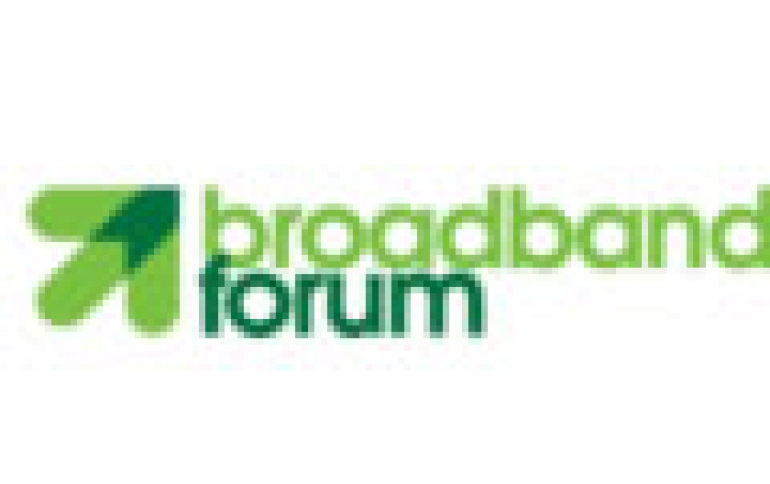
G.fast Can Make Multi-stream Ultra HDTV Services Feasible And Affordable Through Copper Wires
The Broadband Forum, the association of broadband service providers and technology vendors announced support for the new ITU-T ultra broadband access standard, G.fast, as a new way to deliver bandwidth intensive consumer applications such as 4K Ultra High-Definition TV (4K UHD) and cloud-based consumer applications. "Consumers should have confidence that the leading broadband service providers globally are working hard to deliver 1Gbps, ultra broadband access," said Robin Mersh, CEO of Broadband Forum. "The new G.fast standard makes it possible for telcos to deploy 4K UHD services faster and more affordably than they could with Fiber to the Home (FTTH)."
G.fast uses a mix of technology and architecture, which increases the performance of digital transmission over telephone wires. The new ITU-T standard (G.9701), approved last week, enables up to 1Gbps by using high bandwidth communications technologies and by placing them closer to the home into the distribution point (where phone lines get bundled near the residence) ? often within 300 meters from the customer premises.
The Broadband Forum has many programs designed to speed up the release of G.fast-based services including an enhanced architecture called Fiber to the Distribution Point (FTTdp), a series of G.fast plugfests starting in January to ensure chip interoperability, a G.fast Certification Program launching in 2015 and a series of standards to define management of G.fast related equipment.
"Besides supporting high-end services such as multi-stream 4K UHD TV, in urban areas already with good penetration of fixed copper telephone lines, G.fast has the added benefit of bringing self-installed broadband access to existing homes cheaper and with less disruption than bringing fiber into the home," said Malcolm Johnson, Director of the ITU Telecommunication Standardization Bureau.
Already, multiple G.fast chipsets have been announced, equipment has been publicly demonstrated, the standard is fully approved and service providers have begun lab and field evaluations of the technology. Further, BBF member companies have been contributing significant work to both the Certification and Plugfest test plan.
















